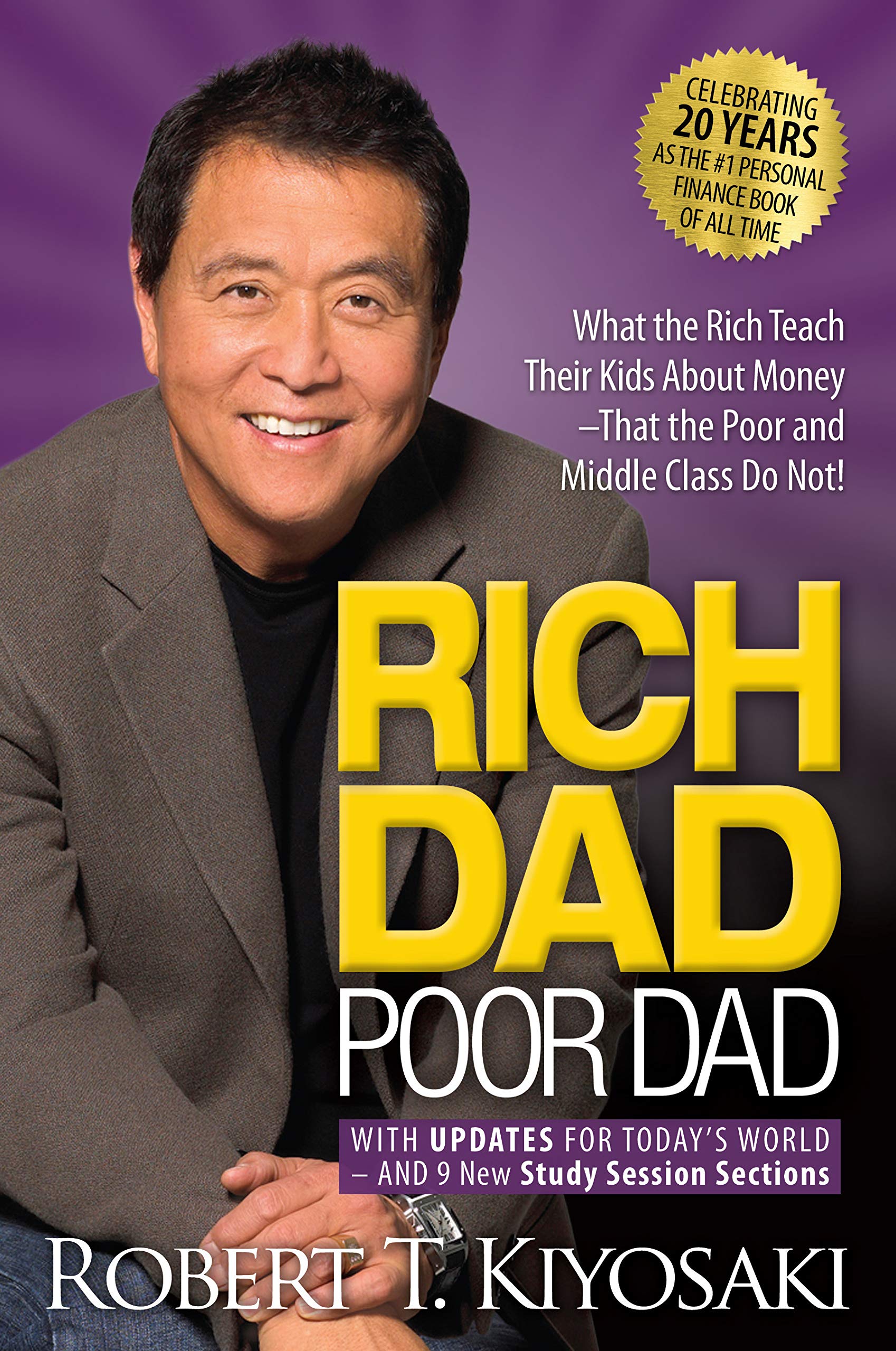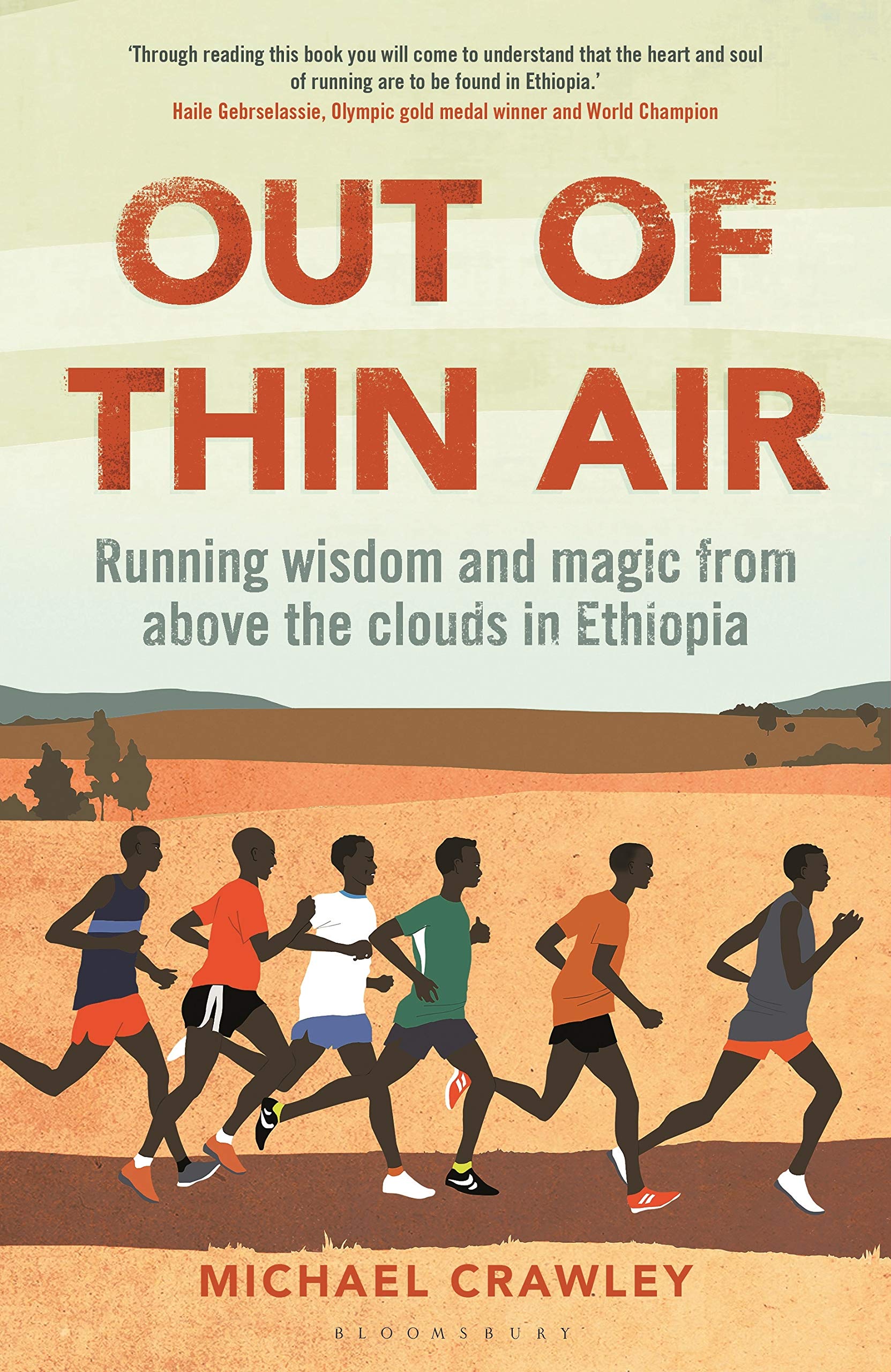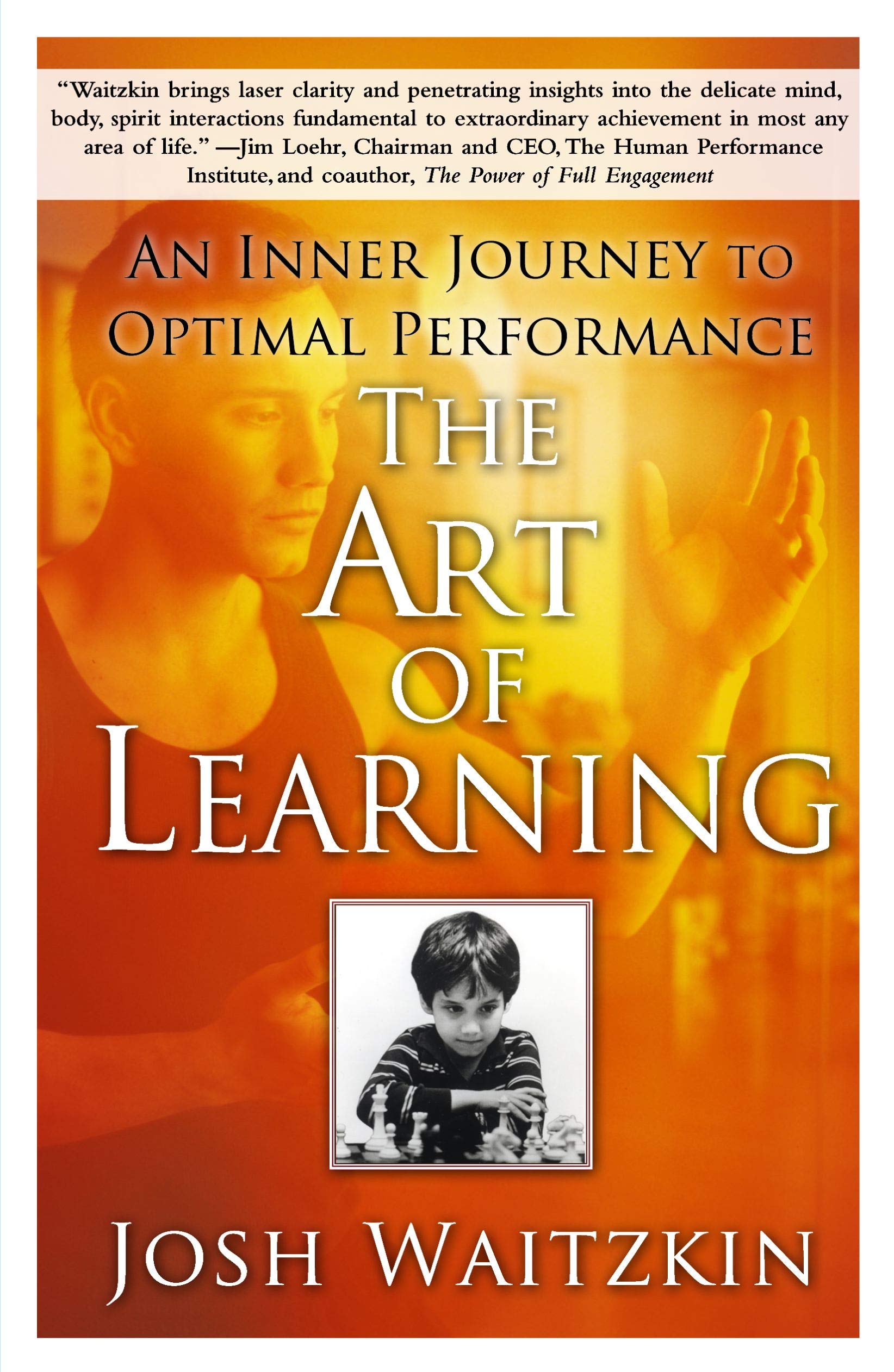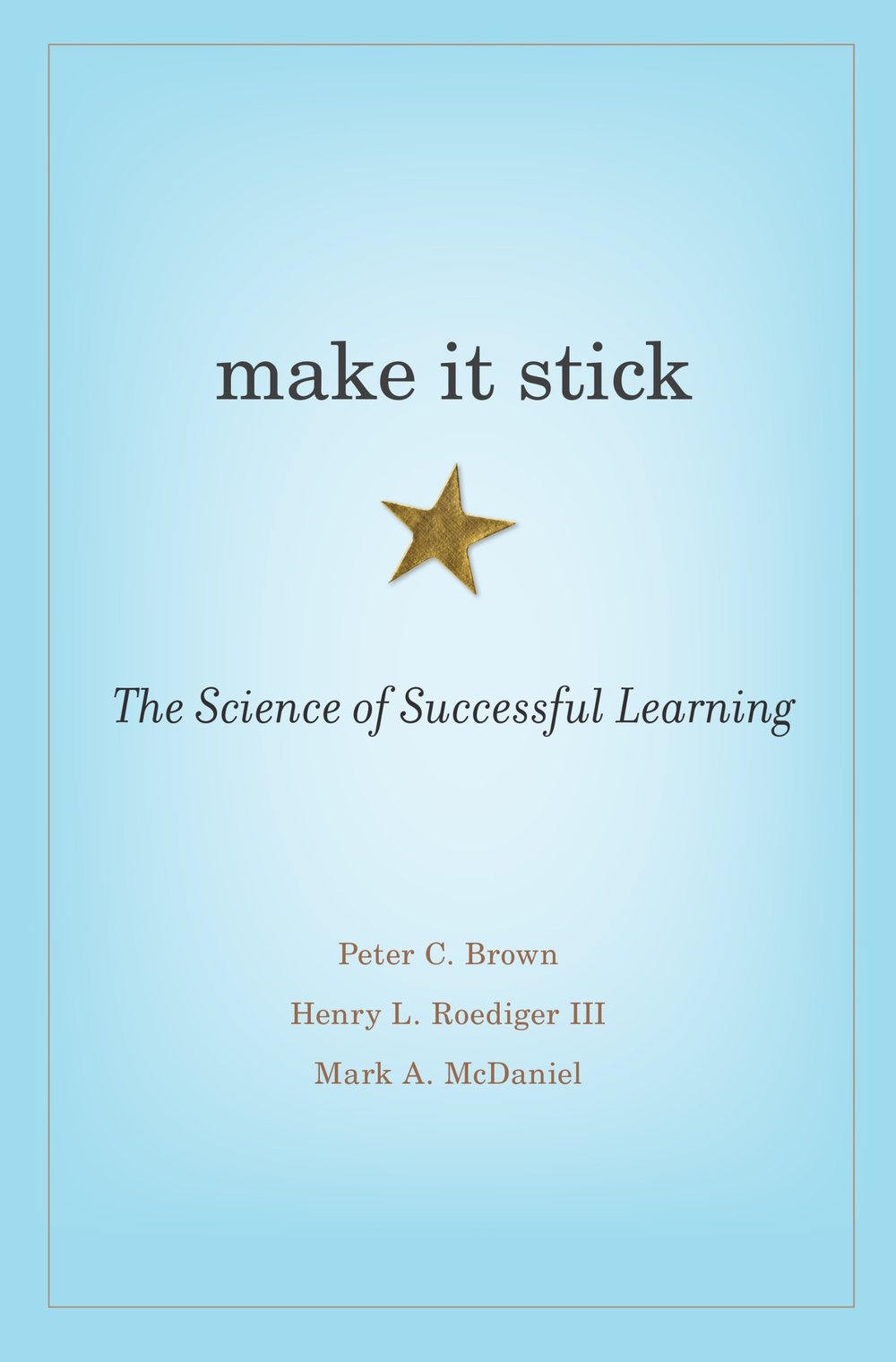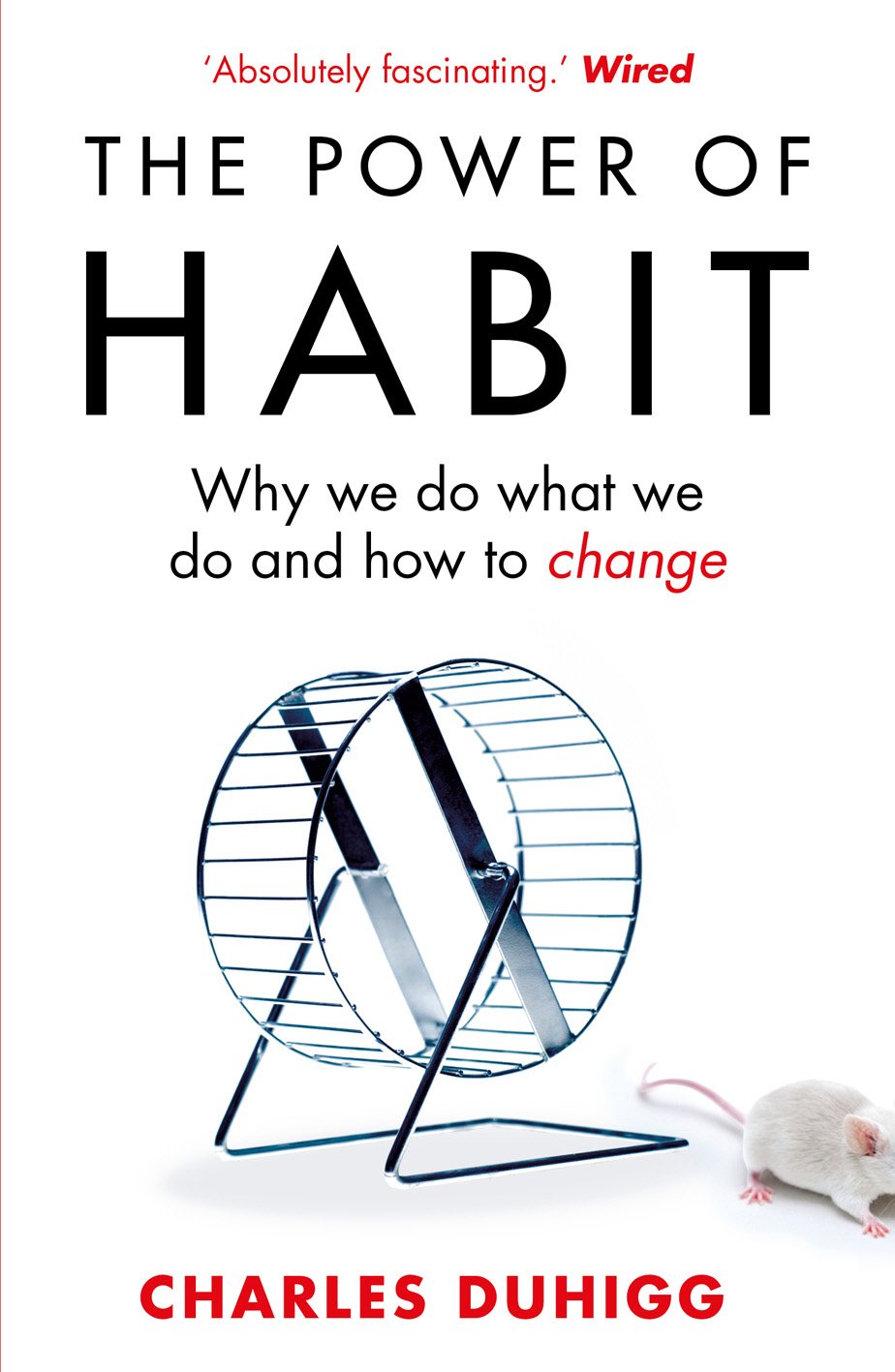There is something different about ‘the rich’ – they play the money game differently.
Rich dad, poor dad by Robert Kiyosaki and Sharon Lechter is a book about how the rich get (and stay) rich. It tells the story of Robert Kiyosaki who had his real ‘poor’ dad and a ‘rich’ dad who taught him about making money.

This book is not written with the intention of getting someone out of debt or with scrabbling together small amounts here and there to reduce credit card payments. It is clearly written with the message to get rich. (How is ‘richness’ defined? It isn’t precisely defined here but I get the sense that Kiyosaki would think it is related to having a significant personal worth. This is in contrast to Hounsel’s more broad definition of wealth.)
The main take-home message is that the rich have a totally different outlook on money. They establish companies/buinesses to manage assets, which generate income. All expenses are then run through these businesses to minimise taxation. This grows their overall personal value and allows suitable financial security to take risks. Taking some risks is necessary in order to achieve the big wins that make someone rich. Being careful with spending, working in a “well-paid” job, and saving hard, will never get you rich.
Key points:
- Managing money is taught at home, not school, which contributes to the rich getting richer
- It is about changing the mindset from “I can’t afford it” to “How can I afford it?”
- One major mistake people make is thinking that their house is an asset; the 2008 financial crash demonstrated that your house is not an asset
- Poor/rich are ‘identifies’ that can be lifelong and can be used to describe how you handle money
- We are taught to think that the love of money is evil
Lesson 1: The rich don’t work money [money works for them]
- Most important thing is to confront and manage your fear & greed
- Accept responsibility to change yourself rather than pushing back against the world and complaining
- Most people are fearful of dealing with money, which encourages them to follow traditional routes for a job that pays well
- Fear of not having money motivates people to work hard, then once you are paid, greed encourages you to go for money more to buy stuff
- It is a false assumption is that more money will settle those emotions
- Governments organise tax laws to benefit business owners so that they grow the economy, and in turn, focus on getting their (the government’s) revenue from taxing the middle class
- Acknowledge that either being obsessed with money to fulfil desires or being trapped doing a job you don’t want doesn’t make sense
- Given low interest rates it doesn’t make sense to save for the long term [as this will never make you rich]
Lesson 2: It’s not how much you make, its how much you keep
- Assets put money in and liabilities takes money out
- i.e. A house is a liability, it does not generate positive cash flow
- The rich use assets to generate income as their main cash flow
- Surround yourself with people wiser than you are and use them for advice
- Need a personal financial statement/scorecard to understand where you are in the game
- Playing it excessively safe (with investments) is (only) necessary due to poor financial balance in the first place
- Wealth is how long you could survive if you stopped working today
- Tax is the number 1 expense for everyone
- Having your money in your house means that you loose out of opportunities that you would need your cash for
- “Golden rule: he who has the gold, makes the rules”
Lesson 3: The rich focus on their asset columns, not their income statements
- Real assets are:
1) businesses that don’t require your presence (managed or run by others),
2) stocks/bonds, IP, real estate, patents
- Don’t confuse your profession/occupation with your business (e.g. a banker but don’t own the bank)
- Avoidance of risk is due to not being financially secure; if you are truly financially secure then you will embrace the risk needed to become rich.
- Must love your assets or you won’t take care of them
- Never let a penny come out of your asset column
Lesson 4: The rich use corporations so they don’t pay tax
- They keep their incomes outside personal balance sheet using companies to own their assets
- This also allows paying expenses before taxes
Lesson 5: Money isn’t real, it can just be invented
- You must take risks to get significant returns but most people don’t because they don’t have enough info – risk can be mitigated with improved financial intelligence
- Combination of lacking financial knowledge and self confidence hold us back
Lesson 6: Work to learn, not to earn money
- Many people are one skill away from financial success, through synergy of what they already know
- This is the opposite of ultra-specialisation which is seen as the pinnacle of many education systems
- Take the long view with your financial set up
- The more specialist you are, the less transferable your highly paid skills will be, so you need a union
- Sales and marketing are the critical skills that we often overlook
Lesson 7: Obstacles
- People can be financially literate but don’t become wealthy due to: fear, cynicism, habits, lazy, arrogance
- Fear (loss aversion) prevents risk taking so never win big (most people act not to lose rather than to win)
- If you don’t like risk, then start early
- Need to be willing to fail and come back
- Cynicism: be aware of listen to people who criticise without having skin in the game or analysing it themselves
- Habits: pay yourself first as it then creates pressure to make up money to pay your bills
- Lazy: typically being too busy to worry about the most important things
- Arrogance: often manifest as excessive confidence that what you don’t know doesn’t matter
Lesson 8: Getting started
- Out of 10 investments: 2-3 lose, 5-6 neutral, 2-3 wins – but the wins should out-weight the losses
- Find a reason to get rich: a combination of wants/don’t wants about life
- Make good habits by daily choices, particularly in education
- Choose friends carefully: what can you learn from them
- Learn a strategy then move onto something else
- Pay yourself first to exercise self-discipline
- Pay your professionals well
- Aim to convert earned income into passive or portfolio income as quickly as possible
- Use (income from) assets to buy luxuries
- Choose heroes who make it look easy and think what would they do
- Teach and you shall receive
Lesson 9: To Dos
- Stop what you are doing and re-evaluate it’s performance
- Look for new ideas (in books)
- Find someone who has done what you want to do
- Make lots of offers as most people don’t know they want
- Go through areas and look for change as an indicator of improvement (profit = a bargain and change)
- Profit is made when you buy, not when you sell
- Think big (buy big and split up) but you must start with action from small beginnings
Clearly this does not deal with the deep inequality in society. The authors openly acknowledge that the rich get richer by these mechanisms. The text is written with the intention that it is possible for anyone to make money using this, but as is also stated here, it is infinitely easier for those with existing finances to make more money.
Reading this book did make me feel a little uncomfortable at times. For the above reason of inequality and the pure aim of ‘being rich’. This may be reflective of my personal opinions about money.
[As I have noted elsewhere, my family and I have taken the Giving What We Can pledge to donate >10% of all our earnings to effective charities.]
More books like this:
- The Almanack of Naval Ravikant by Eric Jorgenson
- The psychology of money by Morgan Housel
- You are a badass at making money by Jen Sincero
